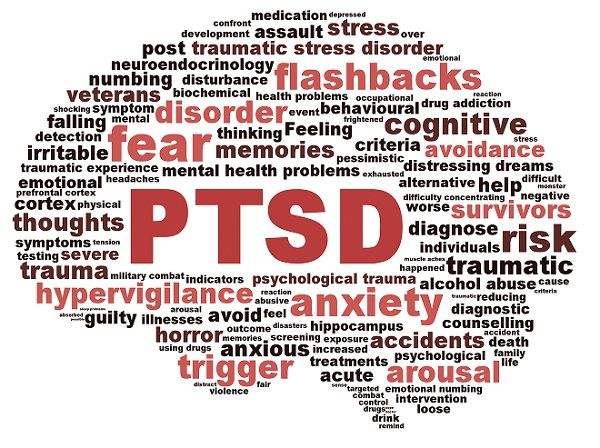Post-traumatic stress disorder (PTSD) is a mental health condition that can occur after a person experiences or witnesses a traumatic event. PTSD can have a significant impact on a person's life, affecting their ability to work, maintain relationships, and engage in daily activities.
PTSD develops as a result of exposure to traumatic events such as military combat, sexual or physical assault, accidents, natural disasters, or other life-threatening experiences. It can also occur as a result of ongoing trauma, such as childhood abuse or neglect.
Symptoms of PTSD can include re-experiencing the traumatic event through flashbacks or nightmares, avoidance of reminders of the event, increased arousal and reactivity, and negative changes in mood and cognition. These symptoms can lead to significant impairment in functioning and quality of life.
Treatment for PTSD typically involves a combination of talk therapy and medication. A psychiatric service can provide both of these forms of treatment, and a psychiatrist can help to develop an appropriate treatment plan.
Cognitive-behavioral therapy (CBT) is one of the most effective forms of talk therapy for PTSD. It helps individuals to understand and change the thoughts and behaviors that are maintaining their symptoms. In CBT, individuals learn coping skills to help them manage the symptoms of PTSD, such as relaxation techniques and strategies for managing flashbacks.
Prolonged exposure therapy (PE) is another type of talk therapy that is effective in treating PTSD. In this therapy, individuals are gradually exposed to the traumatic memories in a safe and controlled environment. This can help to reduce the distress associated with the memories and improve coping skills.
Medications, such as selective serotonin reuptake inhibitors (SSRIs), can also be effective in treating PTSD. These medications can help to reduce symptoms such as anxiety and depression, and can also help to improve sleep.
A psychiatric service can provide a comprehensive assessment to identify the specific symptoms and needs of an individual with PTSD, and develop a treatment plan that is tailored to those needs. A psychiatrist can also provide ongoing monitoring and management of the treatment plan, making adjustments as needed to ensure that the individual is receiving the most effective care.
In addition, a psychiatric service may provide support and education to the individual's family and loved ones, as they may also be affected by the individual's PTSD symptoms.
In summary, PTSD is a serious mental health condition that can have a significant impact on an individual's life. A psychiatric service can provide effective treatment for PTSD, including talk therapy and medication, and a psychiatrist can help to develop and monitor an individualized treatment plan. Support and education for family and loved ones may also be provided.

